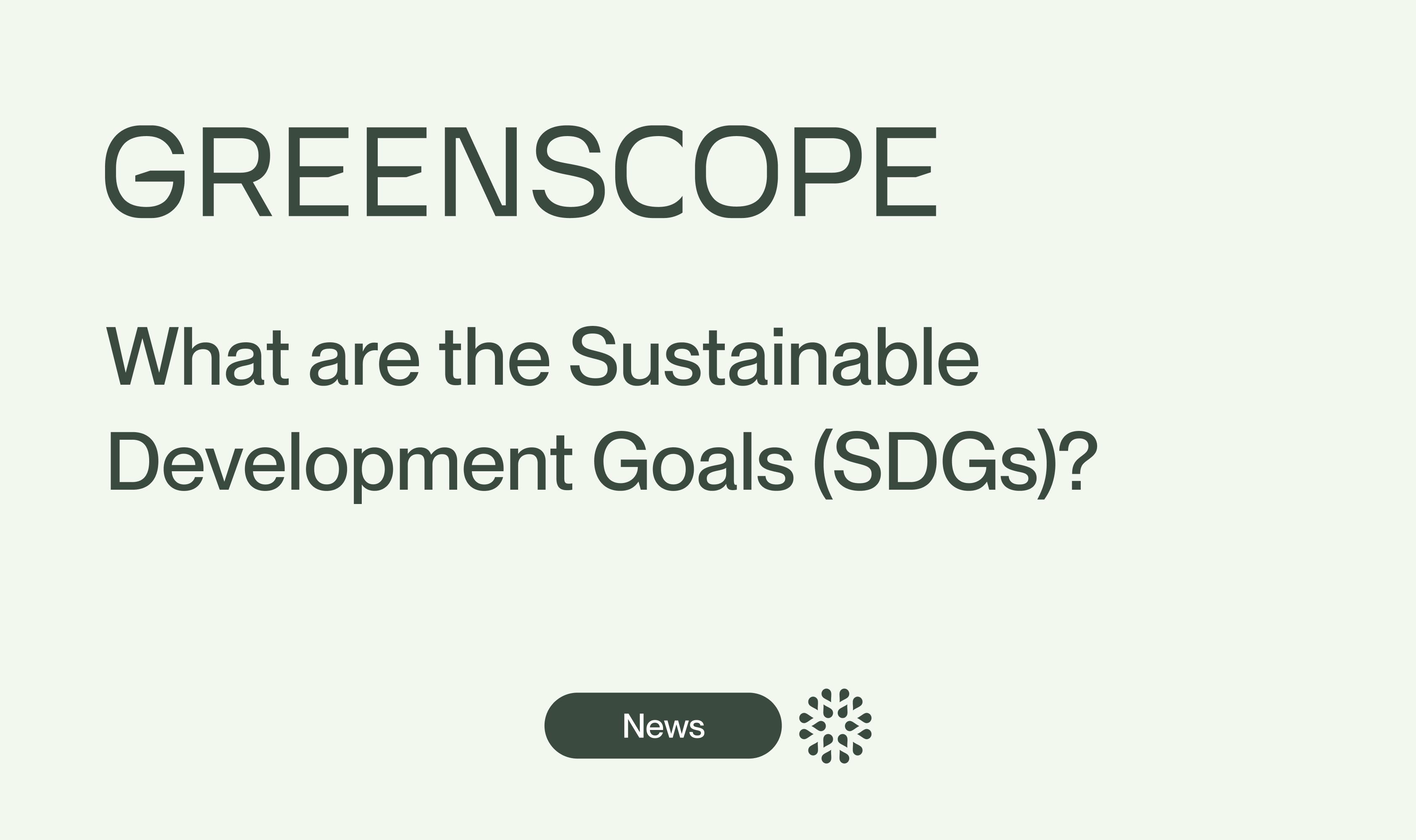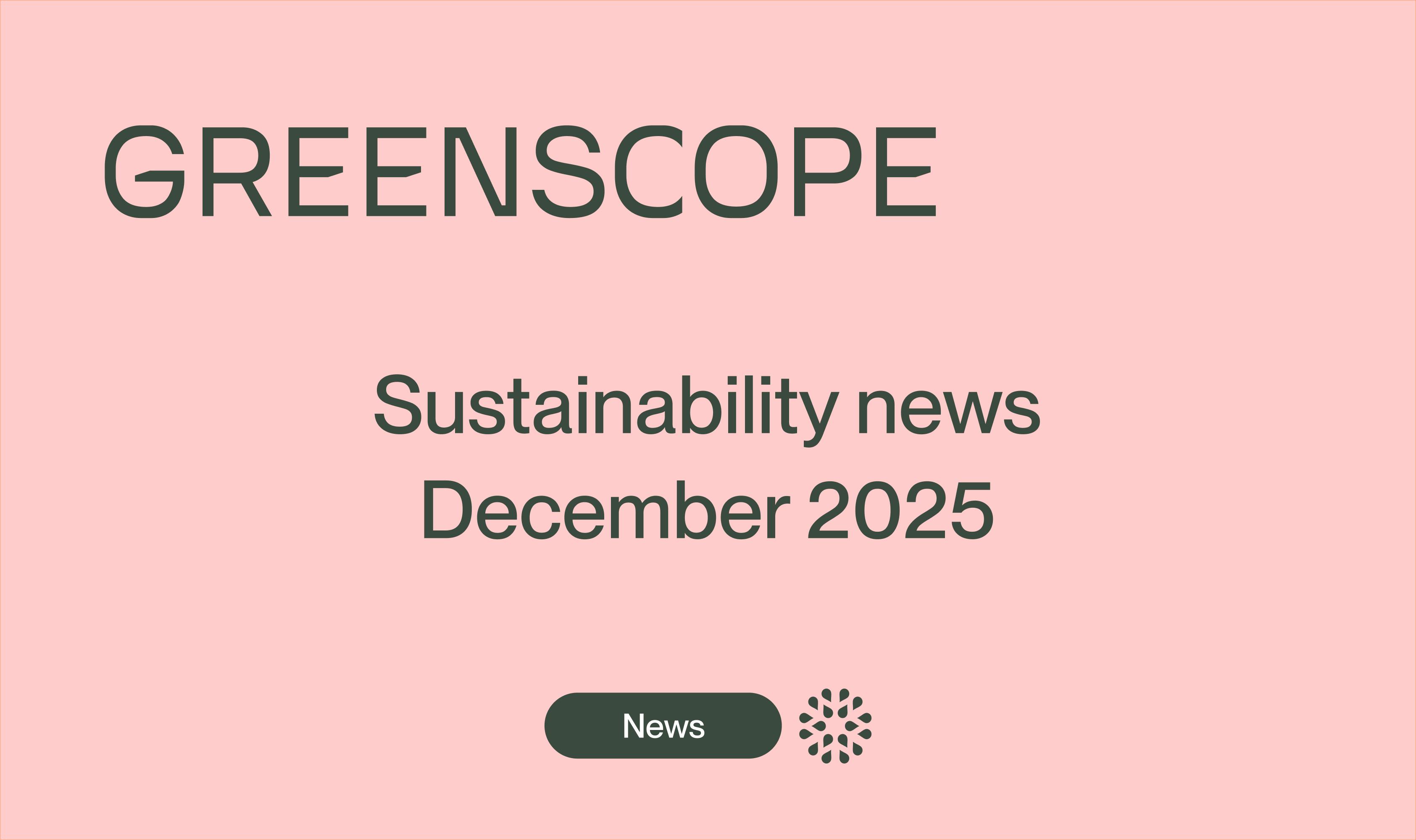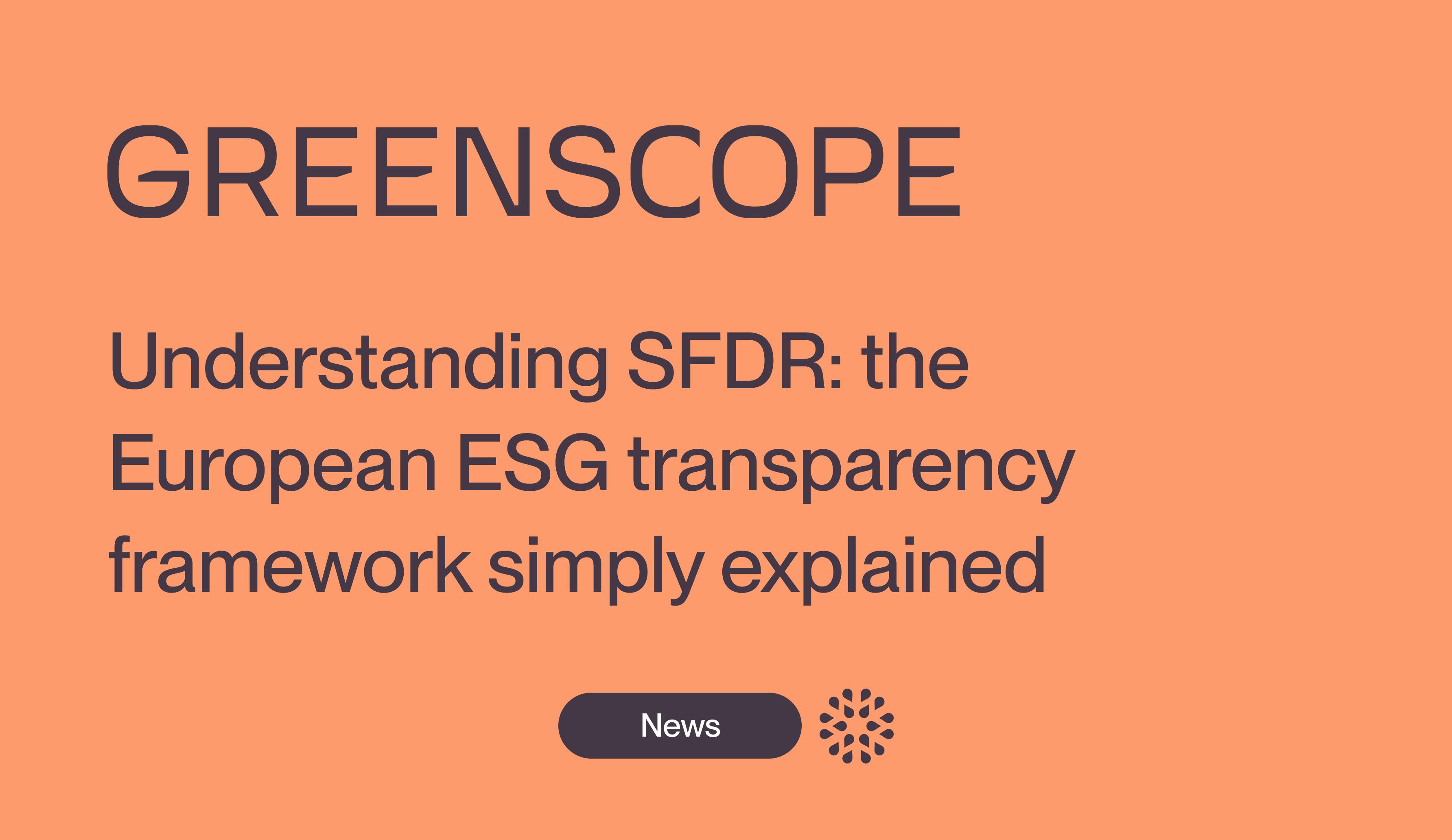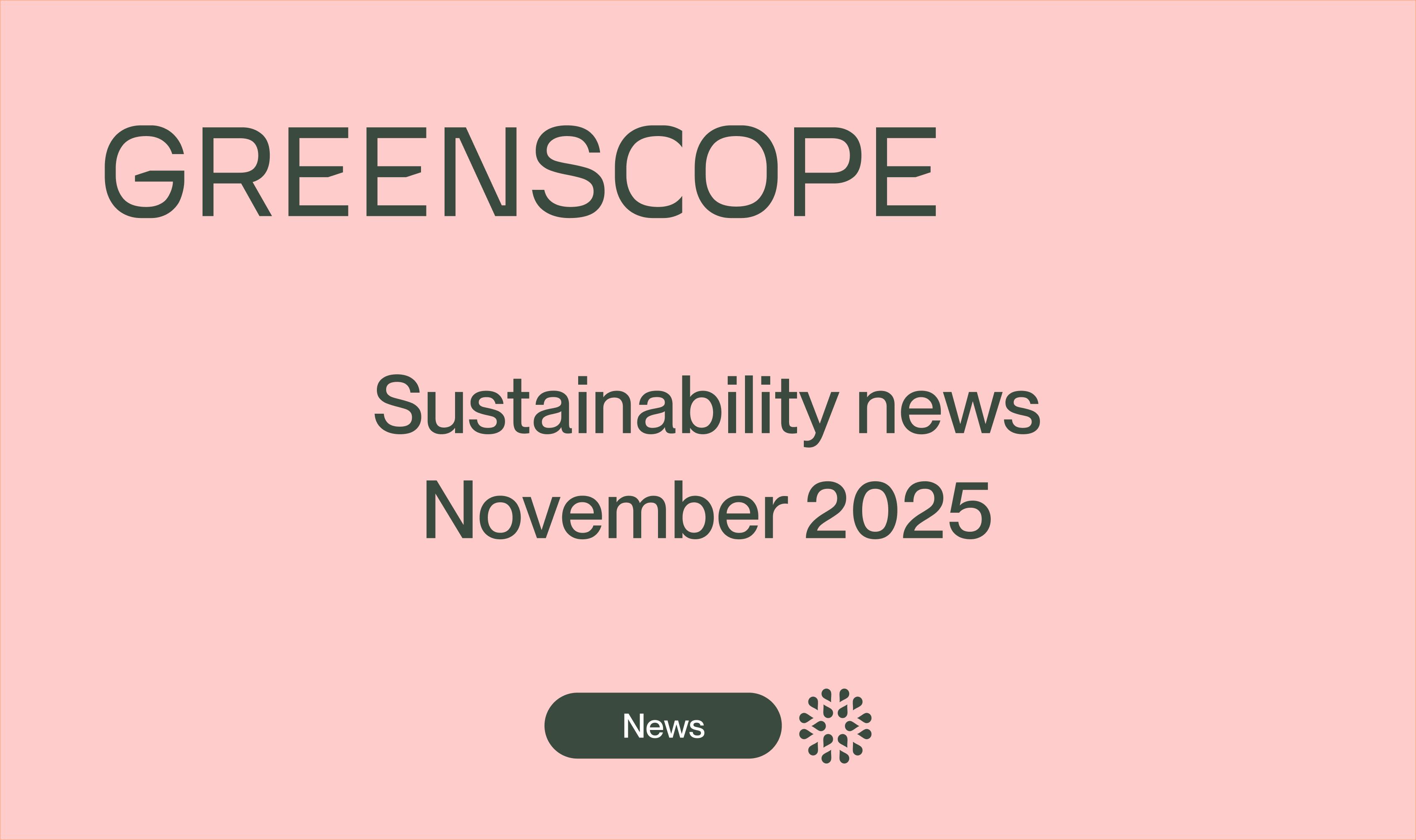What are the Sustainable Development Goals (SDGs)?
Discover how the UN Sustainable Development Goals guide businesses in addressing global challenges and promoting sustainability

Adopted in 2015 by the 193 member states of the United Nations, the Sustainable Development Goals (SDGs) form the core of the 2030 Agenda for Sustainable Development. These 17 goals aim to address the world’s most pressing challenges, including poverty, inequality, climate change, environmental degradation, and access to education and healthcare. The overarching goal is to create a more equitable, sustainable, and prosperous future by 2030.
The 17 Sustainable Development Goals
The SDGs cover a wide range of themes and are accompanied by 169 specific targets to measure success. Here is the list of the 17 goals:
- No Poverty: End poverty in all its forms everywhere.
- Zero Hunger: Eradicate hunger and ensure food security.
- Good Health and Well-being: Ensure healthy lives and promote well-being for all.
- Quality Education: Ensure inclusive, equitable, and quality education.
- Gender Equality: Achieve gender equality and empower all women and girls.
- Clean Water and Sanitation: Ensure availability and sustainable management of water and sanitation.
- Affordable and Clean Energy: Increase access to clean, sustainable, and affordable energy.
- Decent Work and Economic Growth: Promote sustained, inclusive economic growth and decent work for all.
- Industry, Innovation, and Infrastructure: Build resilient infrastructure and foster innovation.
- Reduced Inequalities: Reduce inequalities within and among countries.
- Sustainable Cities and Communities: Make cities inclusive, safe, resilient, and sustainable.
- Responsible Consumption and Production: Ensure sustainable consumption and production patterns.
- Climate Action: Take urgent action to combat climate change and its impacts.
- Life Below Water: Conserve and sustainably use the oceans, seas, and marine resources.
- Life on Land: Protect, restore, and promote the sustainable use of terrestrial ecosystems and biodiversity.
- Peace, Justice, and Strong Institutions: Promote peaceful, just, and inclusive societies with strong institutions.
- Partnerships for the Goals: Strengthen global partnerships for sustainable development.
Key Issues and Implementation of the SDGs
The SDGs provide an ambitious roadmap to address global challenges by tackling them in an interconnected manner. These goals call for the commitment of all actors—governments, businesses, and citizens—to integrate sustainable development principles into their actions.
In Europe, Eurostat assesses the progress made by the European Union using 100 indicators. In France, a national roadmap has been developed to ensure alignment of the 2030 Agenda with the Paris Agreement on climate change.
Why are the SDGs important for businesses?
Businesses play a crucial role in achieving the SDGs. They are encouraged to integrate the most relevant goals into their operations to:
- Measure and improve their sustainability performance.
- Collaborate with other stakeholders to share best practices and undertake joint actions.
- Enhance their competitiveness by meeting the growing demands of consumers and investors for responsible practices.
By embracing the SDGs, companies can not only contribute to a more sustainable future but also seize new economic opportunities while addressing the social and environmental challenges of the 21st century.
Our latest articles

CSR News - December 2025
Discover key developments: ongoing projects, standards updates, new official documents.

EDCI - Understanding the ESG Data Convergence Initiative to harmonize ESG reporting in Private Equity
Simplify and standardize your ESG data with EDCI.

Understanding SFDR: The European ESG transparency framework made simple
Understanding SFDR means understanding what structures sustainable finance in Europe. Requirements, tools, impacts: let's break it down.

CSR News - November 2025
Discover key developments: ongoing projects, standards updates, new official documents.



